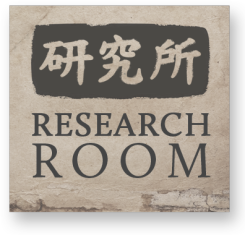Yongusil 102: Borderland Readings of Note
Adam Cathcart returns to the pages of Sino-NK with a timely overview of some of the more intriguing and recent scholarly contributions on the Sino-Korean border region.
Yongusil 101: South Korea between Russia-US Great Power Tensions
South Korea does not face the same vulnerability toward Russia that it does toward China, but this in no way means South Korean foreign policy will go completely unaffected by the Russia-US rivalry.
Yongusil 100: Mongolia and the Korean Security Crisis
The key factor in the success or failure of Mongolia’s Korea strategy is the extent to which others value Ulaanbaatar’s neutrality. As Anthony Rinna writes in his latest publication, the task for Ulaanbaatar is to maintain its relevance.
Yongusil 99: The DPRK Nuclear Crisis and Moscow’s Pivot Toward Beijing
Struggling to stay relevant at the Korean security crisis’s crowded negotiation table, the Russian Federation is undoubtedly among the least influential players in efforts to get the DPRK to disarm. Even within Russian foreign policy itself, the Korean Peninsula is not as important for Moscow as other sub-regions along the Russian periphery. This may seem […]
Yongusil 98: Moscow and the Dilemma of Regional Development versus North Korea Sanctions
Russia’s North Korea policy involves a trade-off: refusal to support UN sanctions hurts Russia internationally, but supporting sanctions damages growth prospects in the country’s easternmost regions. Anthony Rinna covers this dilemma in Asian Studies International Review.
 The Research Room serves as the metaphorical “back room” of Sino-NK, visualizing the collective academic output of the organization’s members. Here readers are kept up-to-date with projects in progress and provided recaps of completed efforts. The Research Room also seeks to examine and reveal external analysis giving Sino-NK’s view of new conceptions, approaches, and methodologies. This section used to be called Yongusil, meaning “research room” in Korean.
The Research Room serves as the metaphorical “back room” of Sino-NK, visualizing the collective academic output of the organization’s members. Here readers are kept up-to-date with projects in progress and provided recaps of completed efforts. The Research Room also seeks to examine and reveal external analysis giving Sino-NK’s view of new conceptions, approaches, and methodologies. This section used to be called Yongusil, meaning “research room” in Korean.









